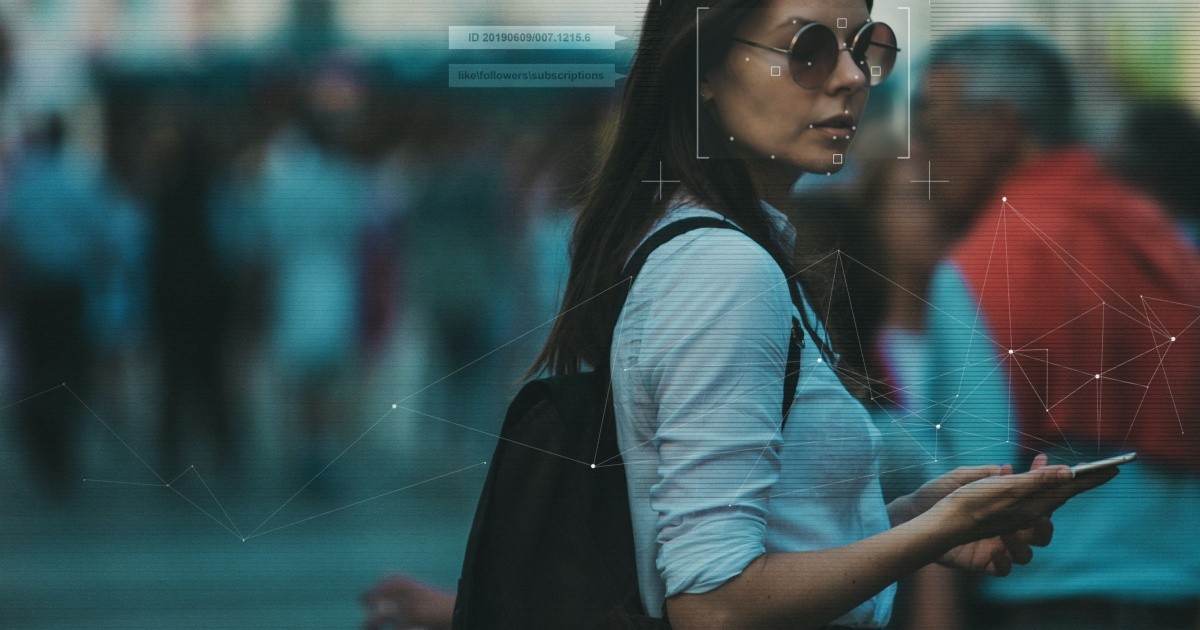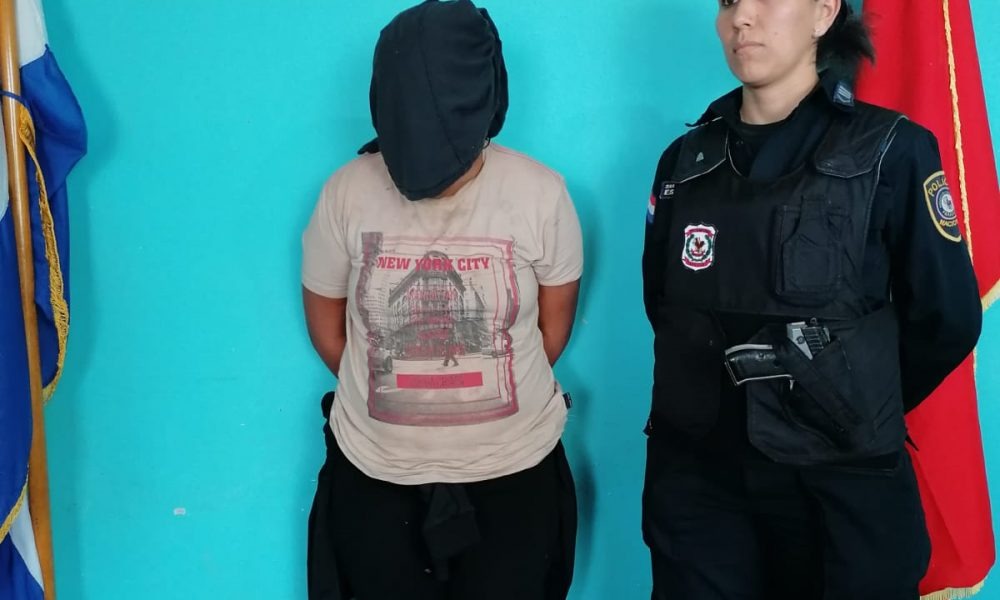In this era of unprecedented technological advances, artificial intelligence (AI) is a tool that offers us great possibilities in fields such as medicine, energy efficiency, sustainable development, the environment, climate change or humanitarian emergencies, among others. . However, AI also poses challenges, especially in the fight against digital discrimination, which includes gender discrimination.
A clear example is that of the recommender or search engine systems of our mobile devices because they can discriminate when offering us certain products or services based on gender issues. Similarly, due to the existence of historical or cultural biases, AI algorithms that process data from people in recruitment tools They may favor one class more than another. By class we understand a certain gender, age group, community or group.
On International Women’s Day, women and men alike can take up this ethical challenge in relation to AI. On the one hand, as consumers (IoT devices, robots, digital platforms, etc.) we must take responsibility for making informed decisions that allow us to choose fair, respectful of others and sustainable options: our choices have the power to transform those algorithms that learn from data (machine learning algorithms or machine learning) to promote equality.
Build fair and egalitarian projects
On the other hand, the teams of women and men who work with real data to develop and implement AI tools should commit to building fair and egalitarian projects with a social impact. These projects would not exclusively contemplate preventing digital discrimination, but also discover patterns of discrimination or stigmatization in society that allow strategies to be designed to guarantee equality.
Although AI automates the processes that intellectually are typical of human beings, this definition becomes today more than ever a commitment of professionals and teachers who work in this field to guarantee the quality of life of all people without discrimination of no type. This must be the ultimate goal behind each algorithm and the one that will inevitably always benefit society. Isn’t service to others an intellectual process typical of human beings that transcends borders? In this regard, on International Women’s Day it is essential for us to share this “space for equality” with all vulnerable groups: girls and boys, young adolescents, the elderly, people with disabilities, people in situations of marginalization, etc. .
In this context, it is important to address the following questions: can AI combat discrimination? What steps can be taken towards equality? To answer we must take a multifactorial approach.
-
From diversity and education
Creating multidisciplinary teams of AI developers that are equally represented by women and men. Such teams must be supported by an equally represented management team committed to fairness, ethics and quality. In order to achieve this diversity, it is essential to promote the capacities and critical spirit of the youngest from education in all areas.
We still have a lot of work ahead of us. Here again, this day that we have designated as a space for equality becomes the perfect platform to support the efforts of all girls, adolescents and women with a scientific-technological or STEM profile (Science, Technology, Engineering and Mathematics) so that they can pursue their objectives and conquer their goals without “glass ceilings”.
-
From the social debate and political action
Promoting awareness and political campaigns that promote equal opportunities in the academic world, in the business world and in industrial or cultural production. For example, in the EU there is the European Institute for Gender Equality (EIGE) that wants to be an advisory channel that allows countries to carry out equality policies in various areas. Outside the EU there are initiatives such as the project Gender Shades from MIT that aims to identify gender discrimination in AI.
-
From the normative regulation
Creating an adequate ethical and political framework for the management of AI. Proposals from the European Commission (The AI Act2022), USA (Blueprint for an AI Bill of Rights2022) or international organizations such as UNESCO (Recommendation on the Ethics of Artificial Intelligence2022) are directing their efforts towards the formulation of guidelines that promote equality in algorithms.
-
From a technical point of view
The representativeness of the input data (inputs) is critical, as “supervised” AI models learn and train from this data, which means that all classes must be equally represented.
Likewise, the transparency and accessibility of the algorithms is necessary to be able to verify that they are not linked to stereotypes of gender, race, age, religion or nationality and can be validated through audits. Companies like IBM (AI Fairness 360) and Google (what if) are developing open source libraries with the aim of detecting possible biases through equity metrics in the algorithms before their implementation.
To conclude, I am going to tell you that as a professor of courses at the University of Navarra, where we use artificial intelligence tools on real use cases, year after year the groups made up of students demonstrate their concern and commitment so that the algorithms do not harm the most vulnerable by resolving these ethical questions with determination. Future AI professionals seek support and solutions to build a fairer and more equal world.
Montserrat-Ana MirandaProfessor at the Data Science and Artificial Intelligence Institute (DATAI), university of Navarra
This article was originally published on The Conversation. read the original.

















